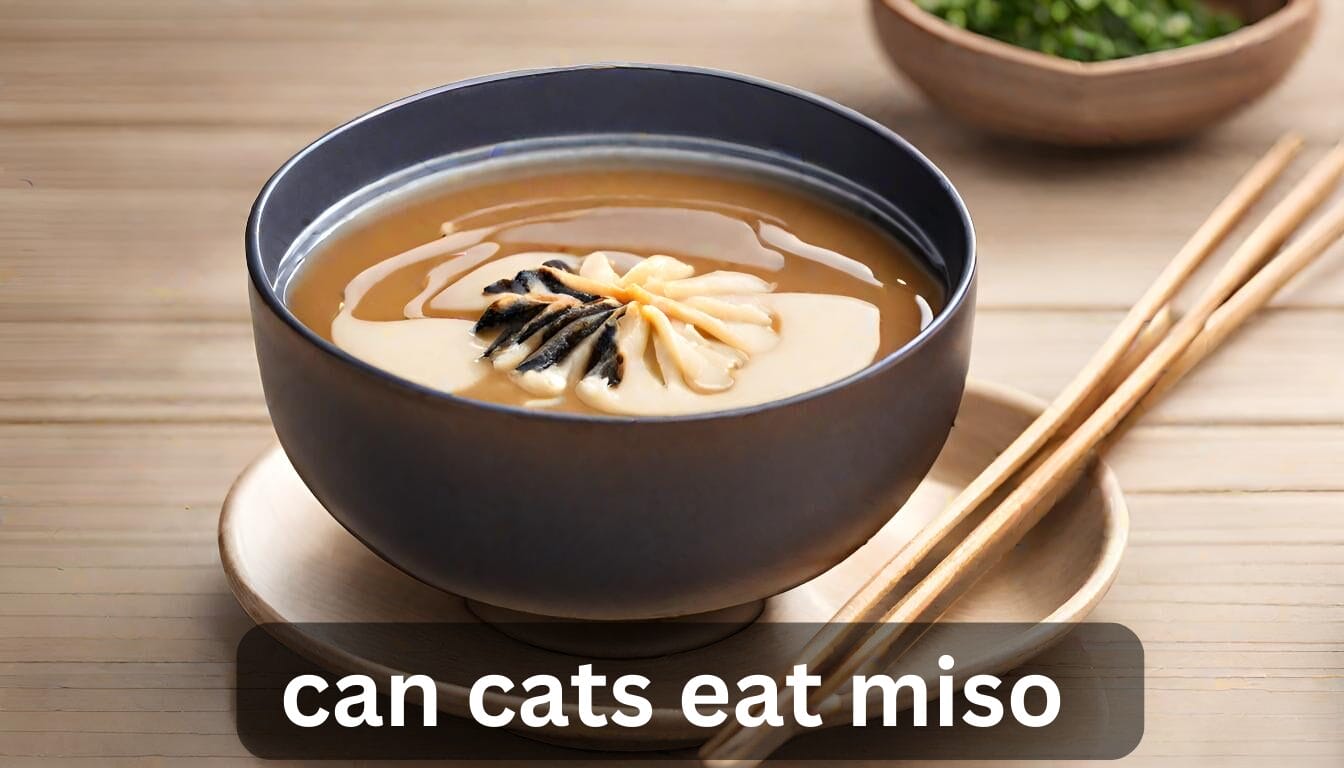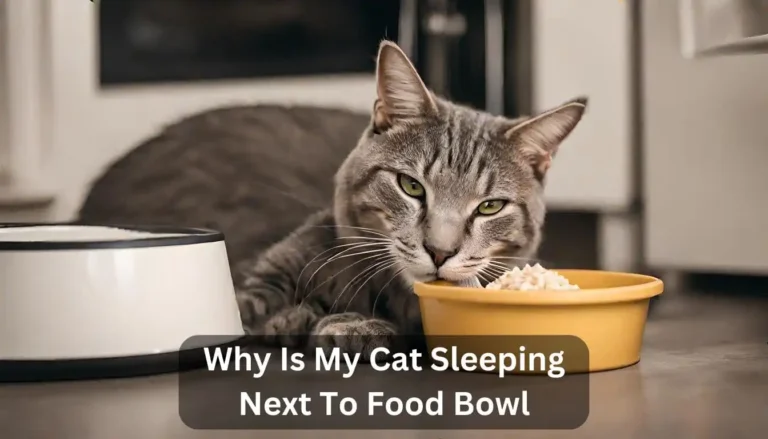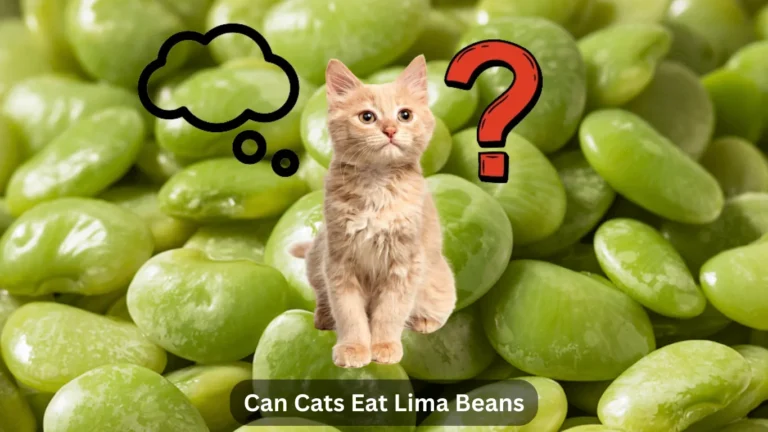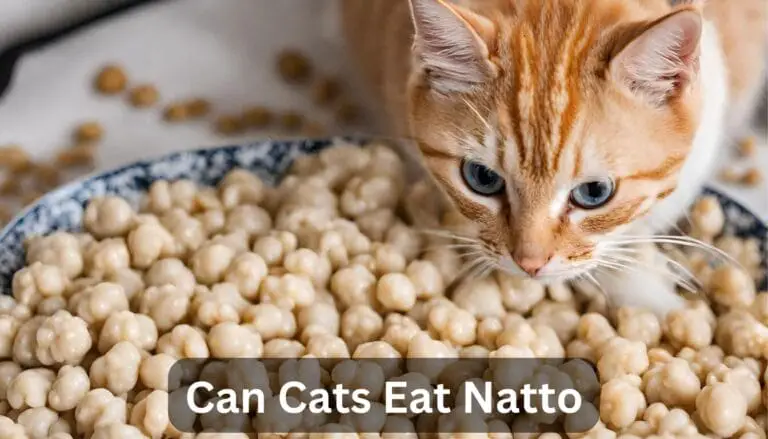Can Cats Eat Miso? The Ultimate Guide
As cat owners and pet lovers, we all want to ensure we’re providing the healthiest diet for our feline companions. We often find ourselves asking, “Can cats eat this or that?” While we know cats enjoy a variety of foods, it’s important to differentiate between what’s safe and what could potentially harm their health.
Many cat owners are starting to wonder about more unusual foods for their pets – like miso, for instance. Miso is a type of seasoning from Japan made by fermenting soybeans. Some might find it strange to ask, “Can cats eat miso?” because it’s such an uncommon food for cats. But for those of us who like to try new things with our pet’s meals or want to give them a taste of our favorite dishes, it’s an important question to ask.
This comprehensive guide is designed to help you understand whether it’s safe to share miso with your cat. We’ve collected lots of useful information to guide you in making the best food decisions for your furry friend. It’s time to get information about cats and miso. So let’s get started.
What Is Miso?
Miso is a food from Japan. It’s made by letting soybeans change over time, with some salt and a type of fungus called koji. This process turns the soybeans into a paste that is used to add flavor to various foods. Its color can be light or dark, and it may taste sweet or salty, depending on how long it is allowed to change. Miso is often found in many Asian food recipes, especially in soups.
Do Cats Like Miso?
While it’s generally difficult to discern feline food preferences because they can vary greatly from cat to cat, many cats are known to be attracted to umami flavors, which Miso certainly possesses.
However, liking a particular food doesn’t necessarily mean it’s healthy or safe for them. As pet owners, we need to be cautious about what we feed our cats even if they appear to enjoy it. The key to a healthy cat diet is understanding their nutritional needs and providing a balance of proteins, fats, and other essential nutrients.
So, even if your cat seems to enjoy miso, it’s crucial to ensure it’s safe and beneficial for them before making it a regular part of their diet.
Can cats Eat Miso?
To put it simply, it’s not a good idea to give miso to your cat. Even though cats might like the strong taste of miso, it has too much salt for them. Cats only need a little bit of salt in their food, and too much can make them very sick.
Plus, miso is made from soybeans, which some cats might have a hard time digesting. So, it’s best to stick with food that’s made specifically for cats because it has all the nutrients they need.
What Are The Risks Of Cats Eating Miso?
The following are the risks of miso to cats.
Risk of Excessive Sodium Intake
Feeding miso to cats exposes them to a high risk of excessive sodium intake. High sodium levels can lead to conditions like hypernatremia, causing symptoms such as increased thirst, confusion, seizures, or even death in extreme cases.
Risk of Digestive Issues
Miso is made from fermented soybeans. Some cats may have difficulty digesting soy, leading to gastrointestinal issues such as diarrhea, vomiting, stomach pain, and bloating.
Risk of Protein Overload
While protein is crucial for cats, miso’s high protein content can lead to protein overload. This can put excessive strain on a cat’s kidneys, potentially leading to renal problems.
Risk of Allergic Reactions
Cats, like humans, can have food allergies. Soy, a primary ingredient in miso, is known to cause allergic reactions in some cats, leading to symptoms like skin rashes, itching, and digestive issues.
Nutritional Imbalance Risk
Feeding cats with foods not specifically designed for them, like miso, may result in a nutritional imbalance. Cats require a specific balance of nutrients, and the addition of miso to their diet could disrupt this delicate balance, leading to nutritional deficiencies or excesses.
Are Any Benefits Of Giving Miso To Cats
While it’s clear that the risks of giving miso to cats outweigh the benefits, it is worth exploring whether there may be potential benefits to cats that could warrant its occasional inclusion in their diet.
Potential Probiotic Benefits
Miso, being a fermented food, contains probiotics – beneficial bacteria that promote gut health. In theory, these could help support a cat’s digestive health. However, the high salt content in miso makes it a poor source of probiotics for cats. There are far safer sources of probiotics available, such as specially formulated cat foods or supplements recommended by a vet.
Protein Content
Miso is rich in protein, which is an essential element of a cat’s diet. Cats are obligate carnivores, and they need a higher proportion of protein in their diet compared to dogs or humans. However, the protein in miso comes from soybeans, which isn’t the ideal protein source for cats. Cats need animal-based protein, which provides the complete range of amino acids they require.
While there are potential benefits to giving miso to cats, the risks significantly outweigh these. Therefore, it’s best to stick to cat-specific foods that are tailored to their nutritional needs. Always consult with a vet before introducing any new food items into your cat’s diet.
How To Give Miso To Your Cats Without Risking Their Health
As the above sections have stressed, it is not recommended to give miso to your cats due to the health risks involved. However, if you still wish to let your cat taste miso in the safest way possible, So then follow this guide strictly and consult your vet before making any decisions.
Consult Your Vet
Before introducing any new food into your cat’s diet, it’s important to consult with a vet. Discuss the potential risks and benefits, and make sure it’s safe for your specific cat, considering their age, health condition, and dietary needs.
Start Small
If your vet gives you the go-ahead, start by giving your cat a minimal amount of miso. A tiny lick or taste is enough. This allows you to monitor their reaction to the new food.
Monitor Your Cat
Watch your cat closely for any adverse reactions. This could include vomiting, diarrhea, changes in appetite, or changes in behavior. If you notice any of these signs, stop giving them miso and consult your vet immediately.
Limit Frequency
If your cat tolerates the miso without any adverse reactions, you can continue to offer it occasionally as a treat. However, due to its high sodium content, it should not become a regular part of their diet.
Never Substitute Their Regular Diet
Miso should never replace the nutritionally complete cat food that forms the basis of your cat’s diet. It should only be an occasional treat, and not relied upon for any nutritional need.
Avoid Certain Types of Miso
Some types of miso, like red miso, have a much higher salt content and should be avoided. Stick to the types with lower salt content, like white or yellow miso.
Remember, the health of your cat is paramount, and any new addition to their diet should be approached with caution and always under the guidance of a vet.
What Can Happen If Cats Eat Miso?
If cats consume miso, several adverse health effects may transpire due to the ingredient’s high sodium content and other factors. Firstly, a sudden increase in sodium intake can cause sodium ion poisoning, manifesting in symptoms such as vomiting, excessive thirst or urination, tremors, fever, or even seizures. In severe cases, it can lead to coma or death.
Secondly, the high protein content from soybeans in miso isn’t suitable for cats’ digestive systems, designed primarily for meat-based proteins. Overconsumption can put significant strain on their kidneys, contributing to renal problems over time.
Thirdly, cats may have allergic reactions to soy, a primary ingredient in miso, which can trigger symptoms such as skin rashes, excessive scratching, or digestive issues such as vomiting and diarrhea.
Lastly, a nutritional imbalance may occur if miso becomes a regular part of a cat’s diet, replacing their specially formulated cat food. This could lead to nutritional deficiencies or excesses, potentially causing long-term developmental issues, organ damage, or other health problems.
Therefore, despite the potential benefits, the significant health risks associated with feeding cats miso make it an unsuitable choice for their diet. As responsible pet owners, it’s crucial to provide our feline friends with the nutrition they need, in the form most suited to their unique physiological needs.
Conclusion
Miso, the Japanese seasoning, isn’t the best food for your cats. It’s high in salt, which isn’t good for them. Too much salt can make them sick or even cause death. Miso also has protein from soybeans, but cats need protein from meat. If they eat too much soy protein, it can hurt their kidneys over time.
Some cats may also be allergic to soy, causing itchy skin or stomach issues. Lastly, if miso replaces their regular cat food, they won’t get all the nutrients they need. So, it’s better to stay safe and avoid giving miso to your cats. Always talk to a vet before trying new foods with your pet.
FAQs
Can cats eat soybean paste?
No, it’s not recommended for cats to eat soybean paste due to potential health risks.
Is It OK For Cats To Eat Soy Sauce?
No, due to its high salt content and the potential for soy allergies, it’s not recommended for cats to eat soy sauce.
Is It Safe For Cats To Eat Tofu?
No, tofu is not recommended as it is made from soy, can contain high levels of salt, and doesn’t provide the necessary nutrients cats need.
What Seasonings Can Cats Have?
Cats should avoid most seasonings, especially onion, and garlic, as they can be toxic. The safest option is to give cats plain, unseasoned food.
Are Cats Okay With Cinnamon?
Cats should not consume cinnamon as it can be harmful and cause health issues.








3 Comments